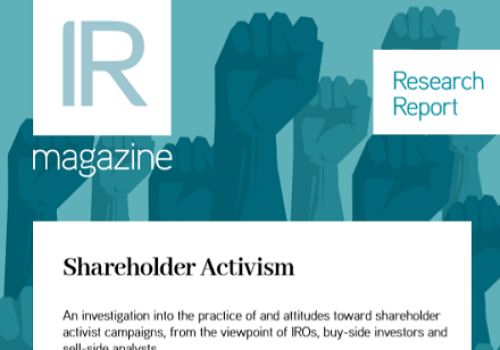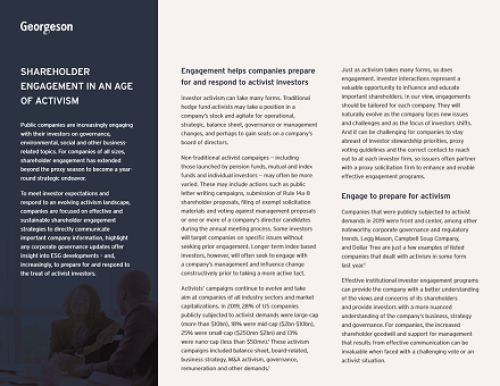Scottish Widows has revealed a ‘flagship commitment’ to divest from tobacco companies as it doubles its ESG divestments to almost £3 bn ($4 bn).
The firm, which looks after around £190 bn of savings and investments for around 6 mn people across the UK, says it will not invest in any company that derives more than 10 percent of its revenue from tobacco. Scottish Widows says the threshold allows it to divest from all tobacco companies without affecting investments in firms like supermarkets, which get a small proportion of their revenue from tobacco products.

Scottish Widows
In a statement, the firm says ‘tobacco holdings are irreconcilable with Scottish Widows’ strategy as a responsible investor and pension provider and that they pose an unrewarded investment risk’.
Scottish Widows says it already excludes companies that violate the UN’s Global Compact principles, noting that as tobacco companies are not allowed to even sign up to these principles, such investments have been ‘a clear outlier here’. Tobacco firms are fully excluded from the UN principles given the huge detrimental effect of tobacco products on households, economies and taxpayers, as well as concerns around widespread child labor in the industry supply chain.
‘Taking the long view, industries such as tobacco are at severe risk of becoming stranded assets, as they face intense pressure from investors, regulators and consumers, and consistently fail to properly address the social impacts of their products and within their supply chain,’ says Maria Nazarova-Doyle, head of pension investments and responsible investments at Scottish Widows, in the company statement.
A shift to renewables
Scottish Widows’ latest divestment announcement builds on the almost £1.4 bn of exclusions based on ESG issues already in place, in what it says is ‘one of the most extensive screening policies yet implemented by a UK pensions provider’.
In addition to the announcement on tobacco companies, Scottish Widows is targeting carbon-intensive industries in its expanded divestment policy. The company has lowered the threshold for extraction of thermal coal and tar sands from 10 percent of revenue to 5 percent – a move it says is designed to reflect the progress made by leaders in the sector that have been ‘dramatically reducing their reliance’ on these high-polluting fuels.
‘We stand by our belief that carbon-intensive sources of energy such as thermal coal and tar sands will ultimately be replaced by greener renewable sources such as wind or solar,’ says Nazarova-Doyle. ‘As such, exiting these highly damaging areas and redirecting capital to more climate-aware investments makes perfect investment sense.’
She also talks about the need for both active stewardship and divestment – though considered controversial by other investors – across the industry as a whole. ‘With responsibility for trillions of pounds worth of investments, it is imperative that the pensions industry champions a responsible approach to investing, creating strong financial returns for savers with the help of active stewardship while divesting from practices that threaten the long-term health of people and our planet.’
In order to implement its new exclusions, Scottish Widows has joined with FTSE Russell to construct a range of new, bespoke screened indices – covering more than £20 bn worth of assets under management – for its passive funds, which will be managed by BlackRock.










